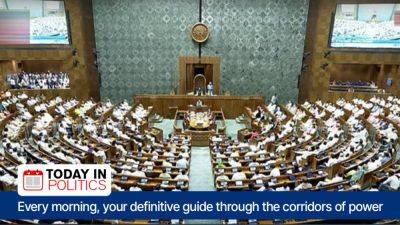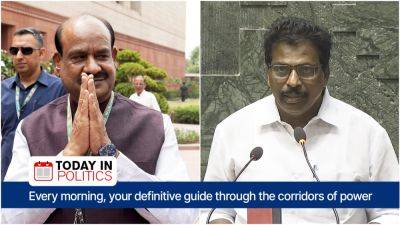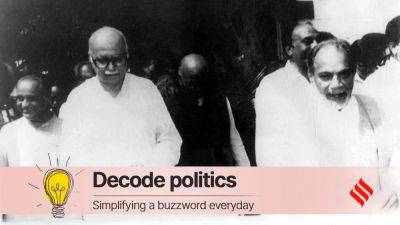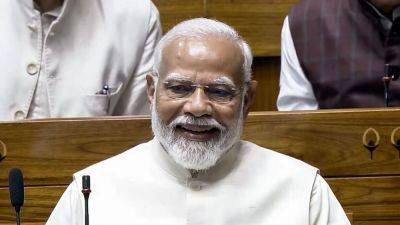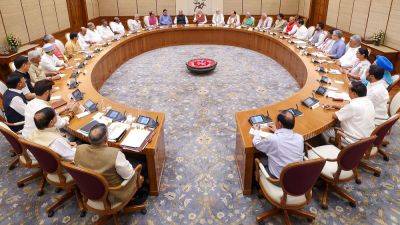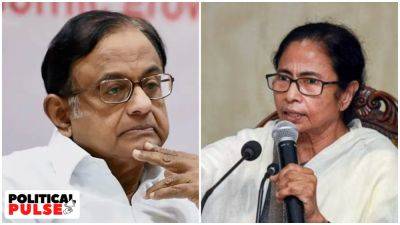Decode Politics: Why Mamata is up in arms over Modi-Hasina talks on Teesta water-sharing
West Bengal Chief Minister Mamata Banerjee has expressed her resentment to Prime Minister Narendra Modi for not including her state in the Centre’s talks with the Bangladeshi government over sharing of waters of the Teesta river.
Following the meeting between PM Modi and his Bangladeshi counterpart Sheikh Hasina last week, Mamata wrote a letter to Modi on Monday, expressing her “deep anguish over keeping the state out of the ongoing talks with Dhaka, over the Teesta water-sharing agreement, and renewal of the Farakka Barrage Treaty”.
The Teesta Treaty is a long-standing demand of Bangladesh for equitable distribution of Teesta water with India on the lines of the Ganga Water Treaty of 1996. Nothing has materialised yet.
Teesta is a 414 km-long river flowing through the Indian states of Sikkim and West Bengal, before flowing into the river Meghna in Bangladesh. It is the fourth-largest trans-boundary river shared between India and Bangladesh after the Ganges, Brahmaputra and Meghna river systems.
Teesta is one of the main sources of irrigation for North Bengal, as well as the Rangpur region of Bangladesh, especially during the dry months. It’s also one of the main sources of hydroelectric power for the mountainous state of Sikkim.
Right from the Partition in 1947, the erstwhile East Pakistan (now Bangladesh) had demanded equitable distribution of Teesta water, which has always been opposed by West Bengal and Sikkim.
In 1972, shortly after the liberation of Bangladesh, a Joint River Commission (JRC) was formed to verify the water sharing options between the two neighbours. Based on the JRC’s recommendations, it was decided in 1984 that Bangladesh’s share will be 37.5% and India’s share 42.5%, with 20% of the total water of the


